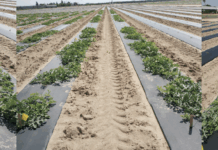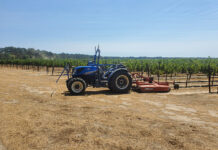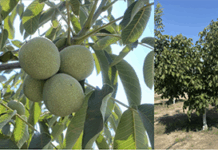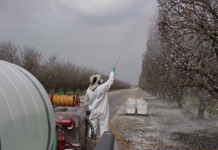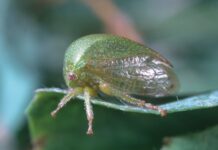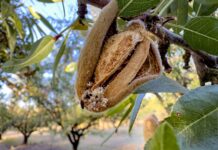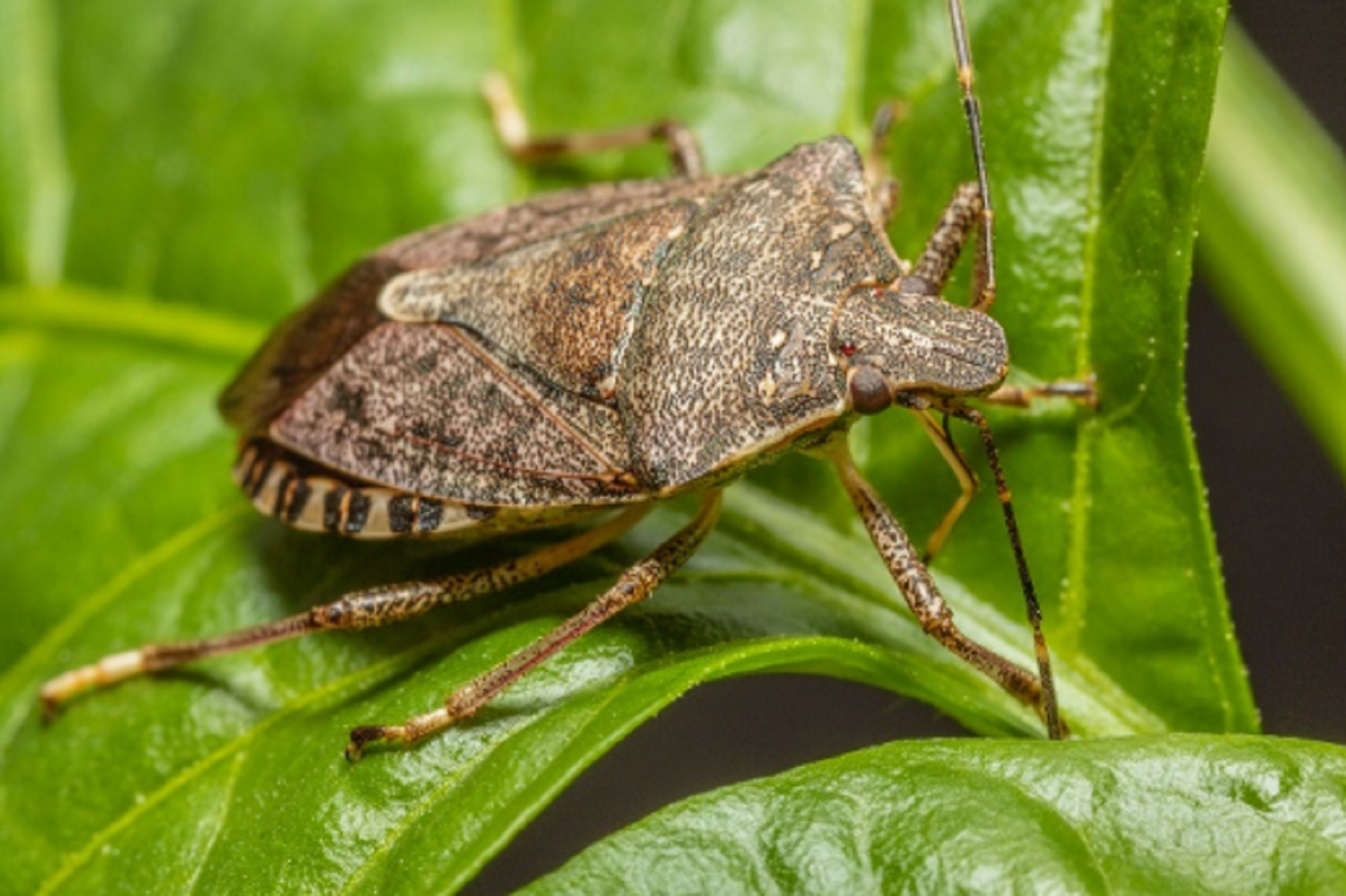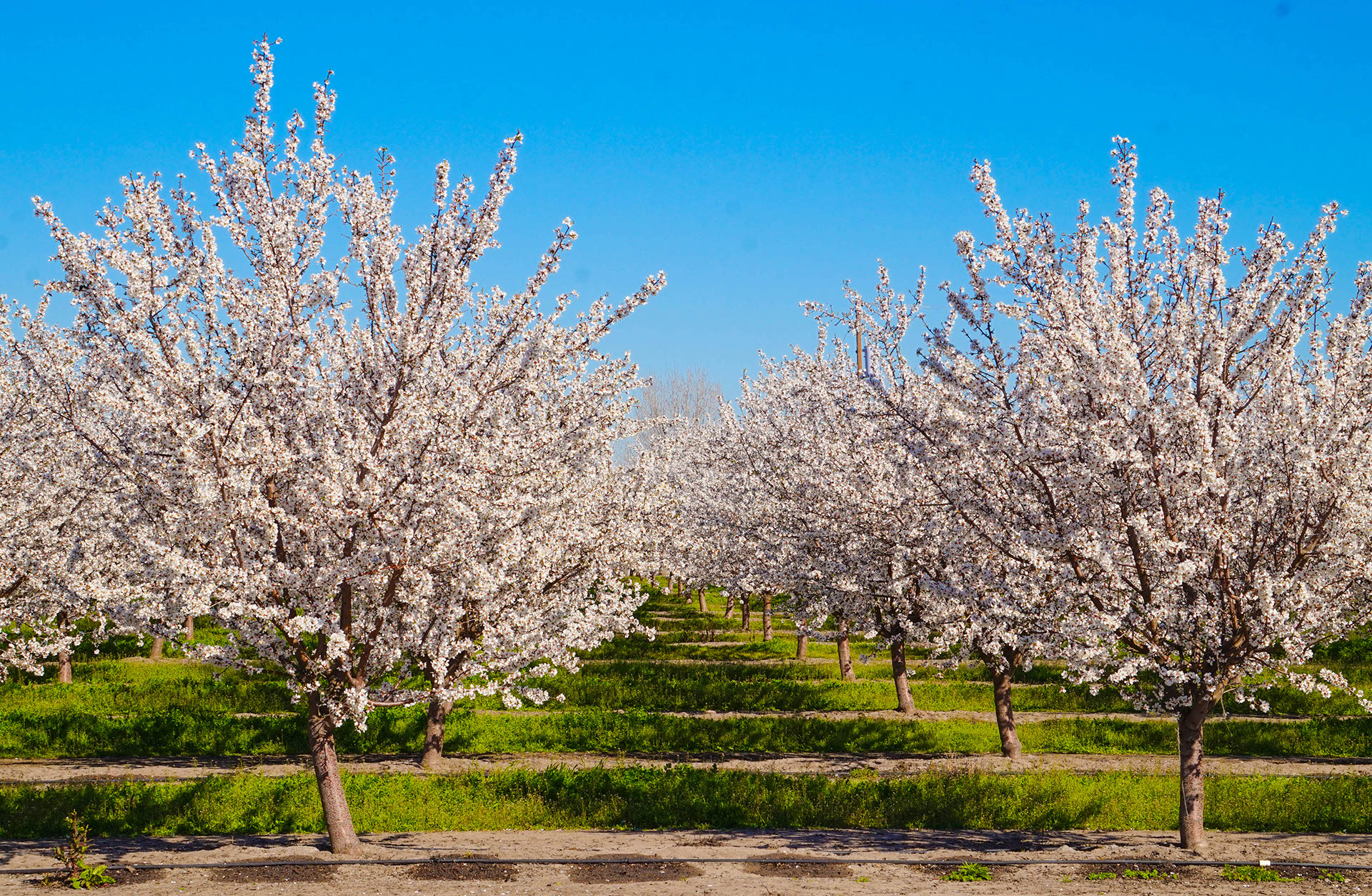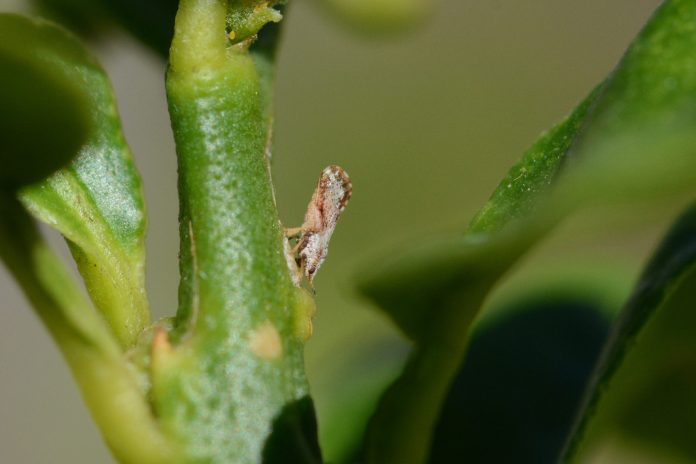

Citrus growers throughout California can apply to be part of the Citrus Research Board’s (CRB) California focused Citrus Research and Field Trials (CA-CRaFT) program. This project is aimed at development and demonstration of additional mitigation measures for Asian citrus psyllid (ACP) control across all citrus growing regions of California.
Project Manager Ariana Gehrig said the project will have an advisory committee to review and select grower applications to implement innovative psyllid management strategies for enhanced grove-level control of ACP. Growers who apply for this project will receive reimbursement for costs associated with their participation.
In the first year of the project, growers will be invited to apply and implement additional control methods in commercial groves. Data collected will be used to demonstrate changes in psyllid populations resulting from mitigation measures. Data collection and implementation of control strategies are expected to continue into the second year. Findings will be shared with citrus growers to promote effective treatments and share best practices.
Gehrig said there will be two types of ACP mitigation efforts: preventative and threshold. Preventative measures could involve use of living wind breaks or fence-type barriers to protect citrus orchards from ACP infestations. Use of trap crops grown in or adjacent to orchards is another type of mitigation measure. The threshold category might include border treatments, ACP repellents or ant control. Biological control agents include the release of the ACP parasitoid Tamarixia radiata or generalist predators.
Gehrig said although participation is open to all citrus growers, the advisory committee will make selections based on growing region, variety of citrus, age of groves and mitigations selected. Growers may apply for projects in multiple blocks. The preferred size is 5 to 40 acres.
Grower applications will be available soon for the CA-CRaFT project. The CRB was awarded $3,438,059 from the Huanglongbing Multi Agency Coordination Group to support the CA-CRaFT project. CRB will administer the program for two years with intent to renew.
“We are excited to develop the first CRaFT project for citrus in California as this project will bring new energy to the fight against HLB and benefit growers across the state while investing in vital research,” said CRB President Marcy Martin.





